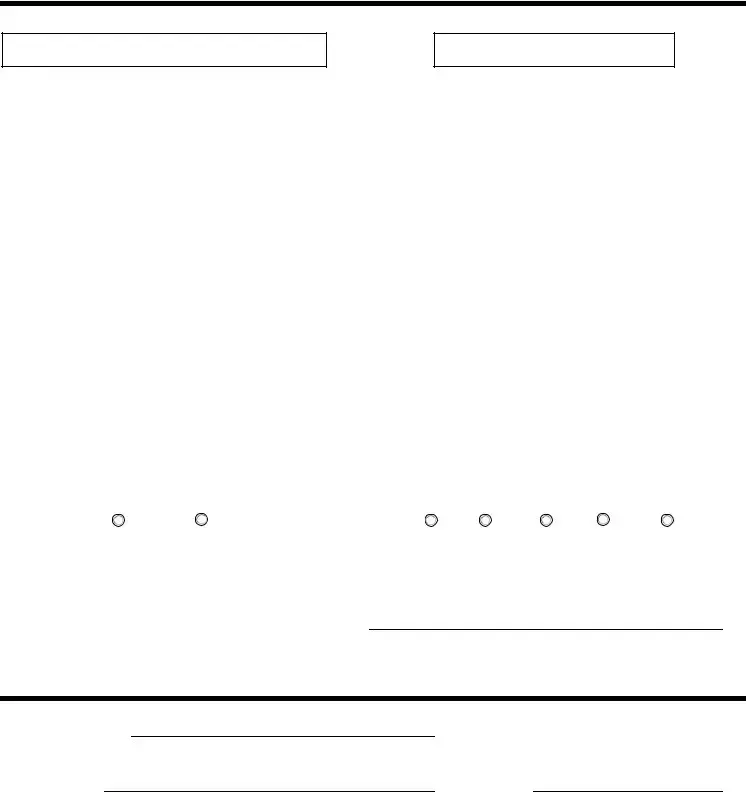The Montana 34 form closely resembles the Business License Application forms that various states require for operating legally within their jurisdiction. Both types of documents are crucial for regulatory compliance, requiring detailed information about the business, such as owner/operator identification, business locations, contact information, and specific operational details. While the Business License Application broadly covers the legality of running a business, the Montana 34 form zooms in on the gambling sector, specifically targeting the registration of a gaming machine's accounting and reporting systems. Nonetheless, the underlying principle of gathering accurate information to ensure compliance with state regulations links these documents together closely.
Similar in purpose to the Montana 34 form is the Federal Employer Identification Number (EIN) Application, known as Form SS-4, which the IRS requires for tax purposes. Like the Montana 34, the SS-4 form collects identification and contact information, but for the sake of assigning an EIN to newly formed entities. Both documents are foundational for a business's regulatory journey—the Montana 34 in the context of state gambling operations, and the SS-4 for broader federal identification purposes. Each serves as a key that unlocks a crucial aspect of legal business operations within their respective scopes.
The Alcohol and Gaming Commission of Ontario (AGCO) Gaming Registration Form offers another parallel. Targeted towards businesses within the gaming industry in Ontario, Canada, this form, much like the Montana 34, collects detailed information on the gaming operations, including the type of gaming activities and specific devices used. It emphasizes regulatory compliance within the gaming sector, similar to the Montana 34's focus on the registration and reporting system for gambling machines. Despite geographical differences, both forms play critical roles in ensuring that gaming activities operate within the bounds of legal and regulatory standards.
The Occupational License Application for individuals seeking to work in the gaming industry in various jurisdictions mirrors the intent behind the Montana 34 form as well. This type of application captures personal and professional details of individuals, ensuring they meet the legal requirements to operate or be employed within the gambling sector. While the Montana 34 form registers the machine and its reporting system, the Occupational License Application scrutinizes the credentials of individuals, serving a complementary purpose in the overarching regulatory framework governing gaming.
The Nevada Gaming Control Board's Manufacturer and Distributor License Application shares similarities with the Montana 34 form by focusing on a specific aspect of the gaming industry. This document requires comprehensive details about the types of gaming devices and related equipment that a company manufactures or distributes. The core purpose, like that of the Montana 34, is to facilitate regulatory oversight, though with an emphasis on the production and distribution chain within the gaming sector. Despite the focus on different nodes within the gaming industry ecosystem, both forms aim to ensure transparency, accountability, and compliance with specific legal standards.
